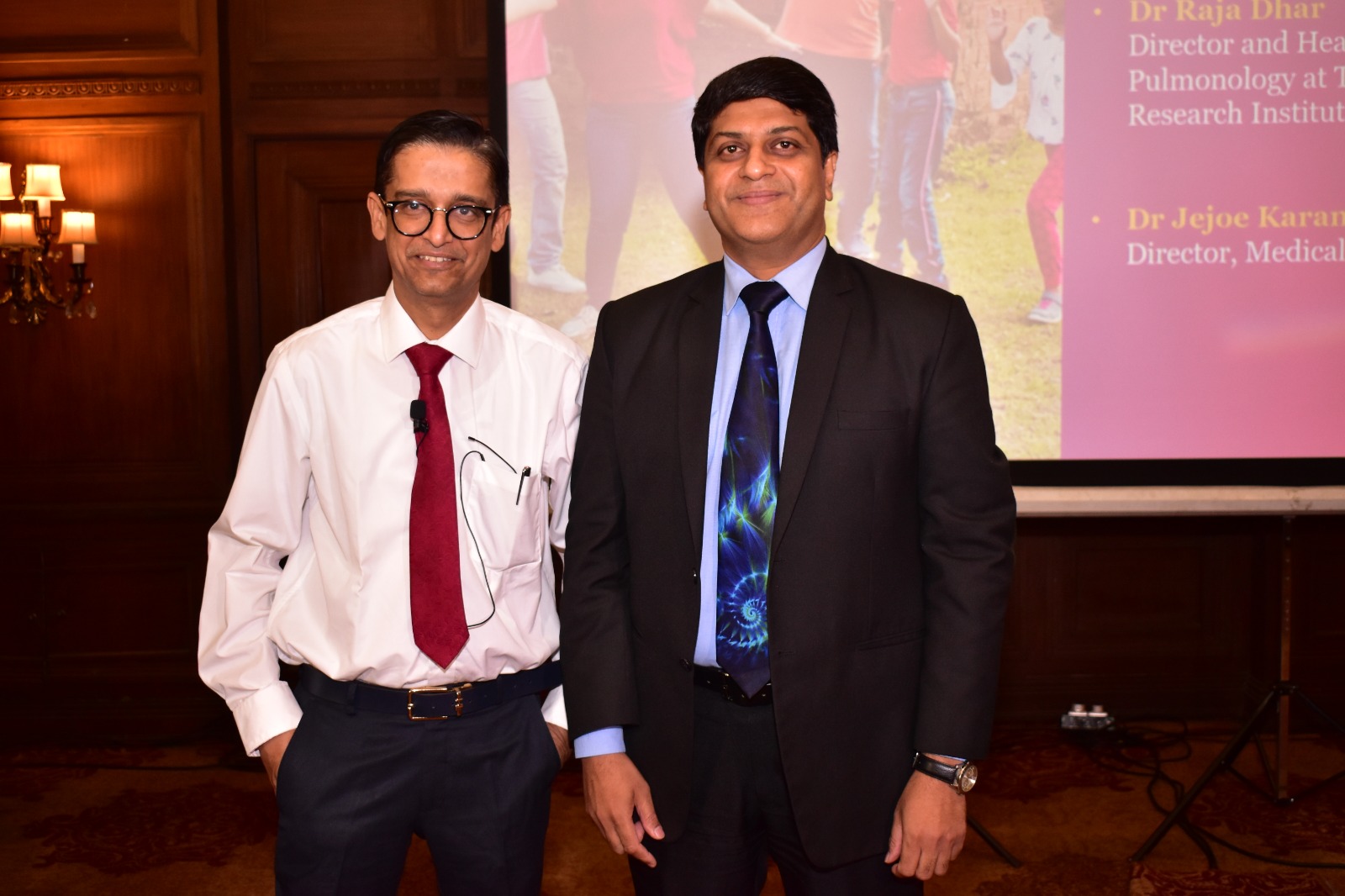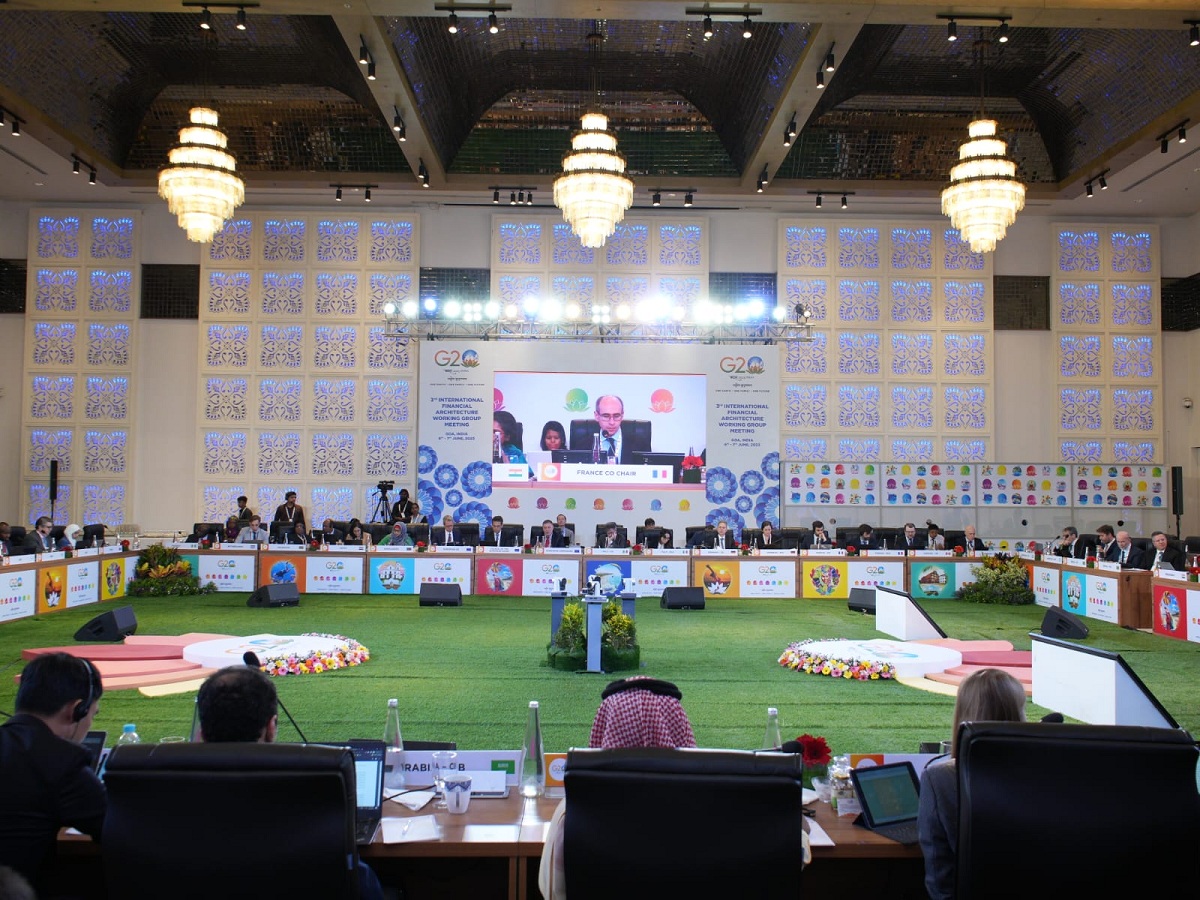India is experiencing a significant rise in influenza infection, with nearly one million cases of acute respiratory illness or influenza-like illness from January to March this year. Northeast India recorded a 7% positivity rate of samples tested, and flu cases were also on the rise last year. To address India’s flu burden, global healthcare leader Abbott is spearheading information to educate people on how to protect themselves, their families, and the community against infection.
Seasonal influenza, or the flu, is an acute respiratory infection caused by various types of influenza viruses, of which types A (including subtypes H1N1, H3N2 and more) and B cause the most cases during the flu season. People can take steps to prevent the spread of influenza, such as handwashing or using hand sanitizer, covering one’s nose and mouth when coughing or sneezing, avoiding touching one’s nose, eyes, or mouth, and staying away from people showing symptoms.
Influenza vaccination is one of the most effective preventive strategies to maintain immunity for a long duration. Dr.Raja Dhar, Director and Head of Department of Pulmonology, The Calcutta Medical Research Institute, said, “Influenza is a vaccine-preventable disease, and taking an annual flu shot based on the updated WHO recommendations on the currently circulating virus strain is a safe and effective public health measure that more people should adopt’’.




